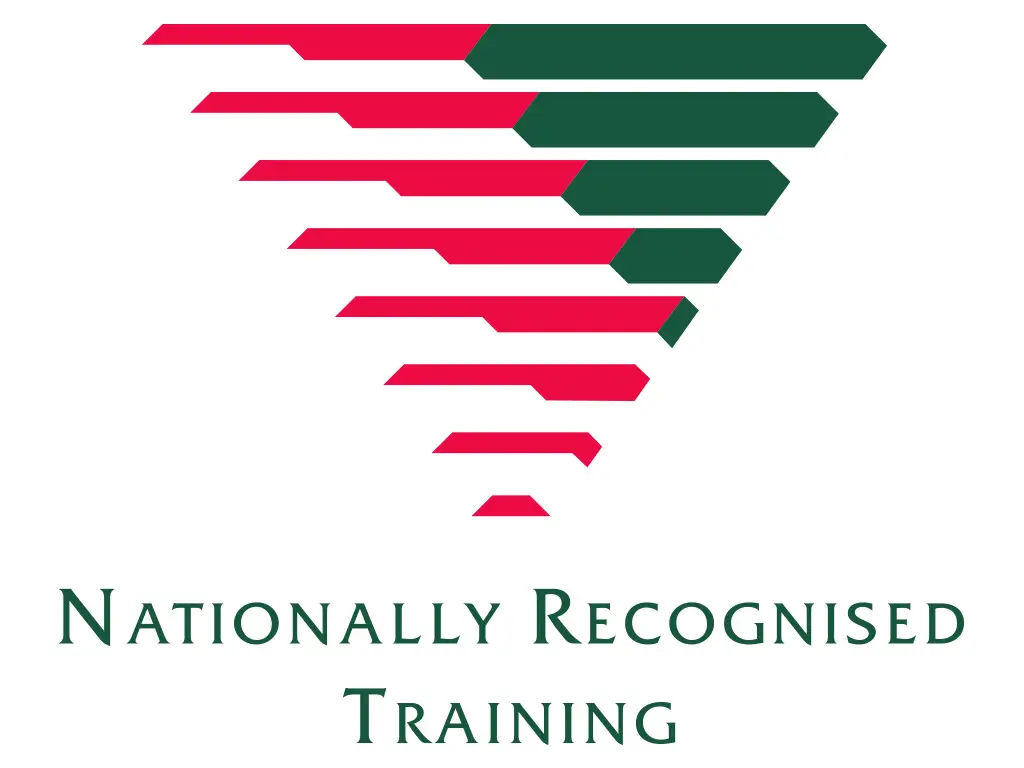CHC43015
Certificate IV in Ageing Support
- Flexible payment options
- Online and On Campus, Self-Paced
- Nationally recognised accreditation
- 12 months to finish
- No formal prerequisites are required
- No exams, ever.
CHC43015
Launch Your Career in Education Support and Empower Young Learners
Our nationally recognised CHC43015 Certificate IV in Ageing Support is the ideal qualification for those looking to start a career in the booming aged care sector. This course will equip you with the practical skills and knowledge needed to confidently work as a Care Worker, unlocking a range of entry-level opportunities in the community services industry. Take the next step in your career and gain in-demand skills to thrive in the aged care sector, while knowing you’re making a real difference in the lives of others.
Skills You Will Gain
- Infection Control
- Community Services
- Personal Care Assistance
- Client Communication
- Health and Safety
- Medication Assistance

Qualification Description
This qualification reflects the role of support workers in aged care, providing services in residential, home, or community environments. Workers take responsibility for their tasks, ensuring quality service delivery through individualised care plans.
Packaging Rules
Total Units Required: 18
- Core Units: 15
- Elective Units: 3
- Facilitate the realisation of client interests, rights and needs
- Advocate in accordance with client preferences and requests to optimise client outcomes
- Provide ongoing support to clients
- Support clients making a complaint
- Review progress
- Develop relationships with older people
- Provide services to older people
- Support the rights of older people
- Promote health and re-ablement of older people
- Research information required for legal compliance
- Determine ethical responsibilities
- Develop and communicate policies and procedures
- Monitor compliance
- Maintain knowledge of compliance requirements
- Assist with the preparation for a risk assessment
- Contribute to the identification of risks
- Implement risk minimisation strategies
- Monitor risk minimisation strategie
- Prepare to provide support to those affected by dementia
- Use appropriate communication strategies
- Provide activities for maintenance of dignity, skills and health
- Implement strategies which minimise the impact of behaviours of concern
- Complete documentation
- Implement self care strategies
- Establish and maintain relationships
- Prepare for planning
- Plan service delivery
- Review service delivery implementation
- Complete reporting requirements
- Determine personal support requirements
- Maximise participation
- Provide personal support
- Complete reporting and documentation
- Recognise and support individual differences
- Promote independence
- Support physical wellbeing
- Support social, emotional and psychological wellbeing
- Include carers and family members as part of the support team
- Assess and respond to changes in the care relationship
- Monitor and promote carer rights, health and well being
- Reflect on own perspectives
- Appreciate diversity and inclusiveness, and their benefits
- Communicate with people from diverse backgrounds and situations
- Promote understanding across diverse groups
- Research information required for legal compliance
- Determine ethical responsibilities
- Develop and communicate policies and procedures
- Monitor compliance
- Maintain knowledge of compliance requirements
- Apply principals and aims of a palliative approach when supporting individuals
- Respect the person’s preferences for quality of life choices
- Follow the person’s advance care directives in the care plan
- Respond to signs of pain and other symptoms
- Follow end-of-life care strategies
- Manage own emotional responses and ethical issues
- Identify networking and collaboration needs and opportunities
- Develop collaboration strategies
- Work collaboratively
- Maintain and enhance networks and collaborative partnerships
- Work with information about the human body
- Recognise and promote ways to support healthy functioning of the body
- Follow safe work practices for direct client care
- Follow safe work practices for manual handling
- Follow safe work practices for infection control
- Contribute to safe work practices in the workplace
- Reflect on own safe work practices
Exam-Free Learning
Forget the stress of traditional exams. Assessments include open-book quizzes, portfolios, video submissions, and written tasks.
Study on Your Schedule
Enjoy flexible learning with 24/7 access to your course materials, allowing you to study anytime, anywhere.
Optimised for Online Learning
Our platform combines videos, written content, audio, and interactive assignments for a dynamic experience.
Payment Options
We offer flexible payment options to suit your needs:
- Upfront Payment
- Payment Plans
- Employer Sponsorship
Paying the full course fee upfront at the time of enrolment can save time and provide peace of mind. This option ensures that your course materials and access are ready immediately.
Spread the cost of the course across manageable, scheduled instalments. Payment plans are interest-free and designed to accommodate your financial situation. Terms and conditions apply.
Many employers invest in their staff’s professional development. Speak with your employer to explore sponsorship opportunities, which can include covering full or partial course fees. We’re happy to provide any necessary documentation to support your request.
Eligibility Criteria
This course is ideal for
- Those starting a career in aged care
- Aspiring Care Support Workers or Personal Care Assistants
- Individuals passionate about helping the elderly
Prerequisites:
- Must be 18 years or older
- Not available to international students


Job Outcomes
Aged Care Worker
Annual salary: $50,000–$55,000
Client Care Advisor
Annual salary: $55,000–$65,000
Care Support Worker
Annual salary: $50,000–$55,000
Personal Care Assistant
Annual salary: $45,000–$55,000
Care Service Employee
Annual salary: $50,000–$60,000
Community Care Worker
Annual salary: $50,000–$60,000
Frequently Asked Questions
How many hours of work placement do I need to do for Certificate IV in Ageing Support?
As part of the course requirements, you are required to complete at least 120 hours of work placement in an aged care setting.
Can I skip the Certificate III in Individual Support and just do the Certificate IV in Aged Support instead?
While the Certificate III in Individual Support is not a mandatory prerequisite for the Certificate IV in Aged Support, it is highly recommended as it provides foundational skills in personal care and support work.
Are there any prerequisites for this course?
There are no formal prerequisites for enrolling in the Certificate IV in Aged Support, though basic literacy and numeracy skills are recommended. Some roles may require a Working with Children Check.
Is there work placement included in the course?
Yes, practical work placement is included to help you gain hands-on experience in a care setting. The number of required placement hours may vary.
Testimonials
“Flexible learning and great placement experience. I’m now a Care Support Worker!”
Tara H
“Thorough course that covered everything I needed for aged care.”
Pitter P.
“Fantastic course and trainers. The placement was beneficial!”
Fatima E.







